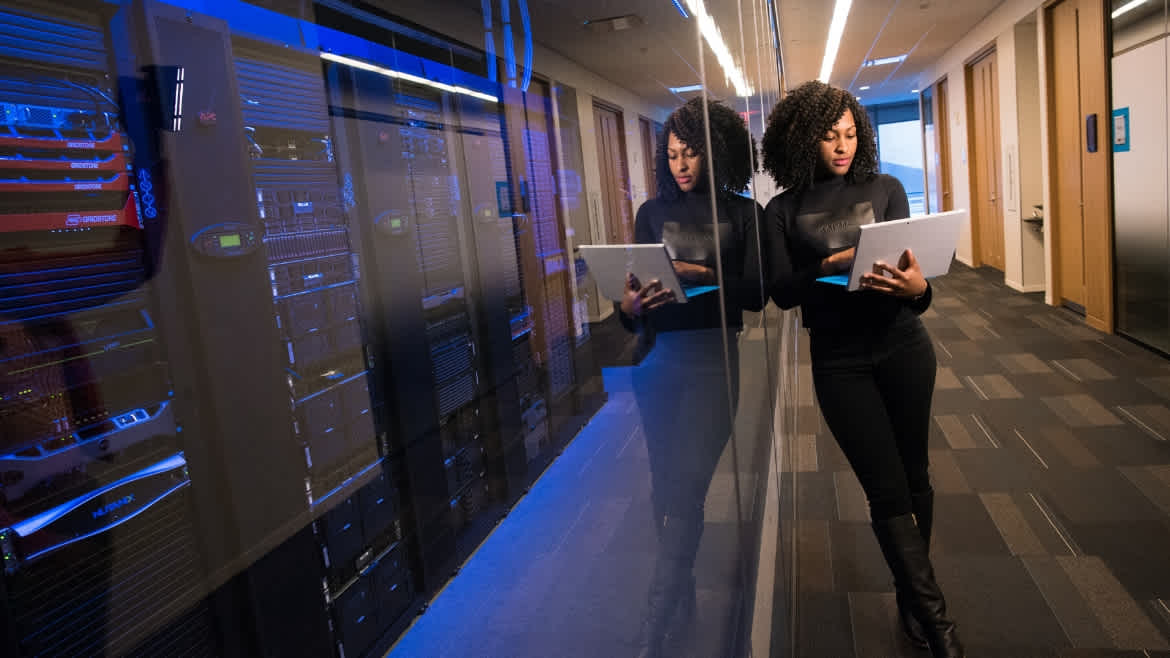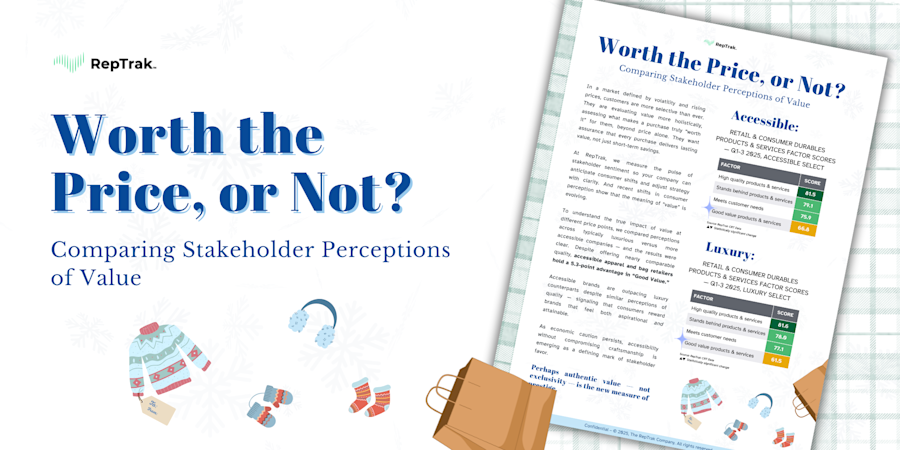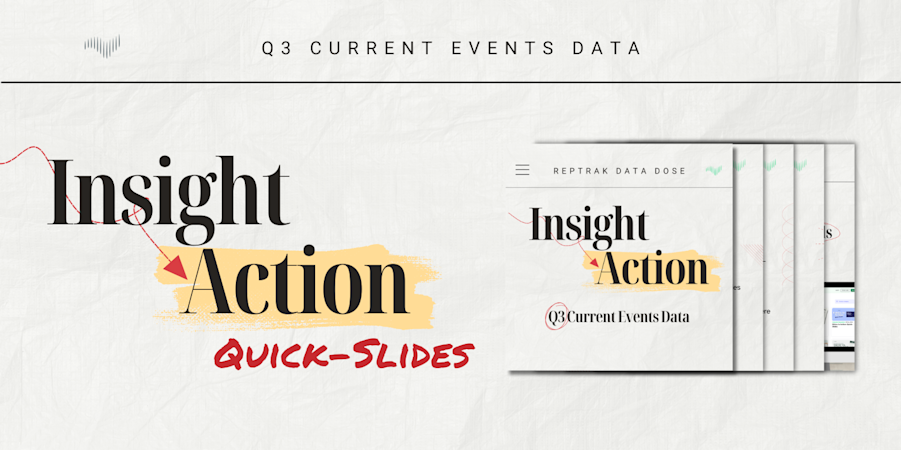Is Your Company Ready for the Reputation Risks Associated with New Technology?
Blog Post24 Feb, 2020
Artificial Intelligence, the Internet of Things, Big Data, automation, drones, and robotics are just some of the technologies that are helping to bring about the Fourth Industrial Revolution, impacting consumers and businesses in the process—and exposing the world to new risks.
The Fourth Industrial Revolution is disrupting existing social and economic systems, changing the way people live, learn, work, and play. Many are wondering if digital technology will supplant humans or augment human ability and experiences. The answer is probably somewhere in the middle of those two options.
“The Fourth Industrial Revolution represents entirely new ways in which technology becomes embedded within societies and even our human bodies,” explains Nicholas Davis, Head of Society and Innovation, and a Member of the Executive Committee of the World Economic Forum. Examples he cites include genome editing, new forms of machine intelligence, breakthrough materials, and approaches to governance that rely on cryptographic methods such as blockchain.
In the near-term, 29.9% of reputation leaders view the impact of technology as a high risk to their reputation, according to our study of the Global Trends affecting reputation in 2020. Emerging technologies such as the ones mentioned influence customer expectations and create added risk due to many businesses’ reliance on digital platforms.
The impact of technology is perceived by leaders to be a key focus area, according to the Global Trends study. Specifically, it’s the trend that’s considered the second-highest reputation risk (after data privacy).
Among the challenges presented by new technologies is that they allow disparaging or false information to spread quickly, forcing companies to monitor more sources of potential reputation risk, since this information is very difficult to correct once viral. And that’s not even including the information that some label “fake news,” even though it’s credible and true—which only adds to the confusion about what information and which people can be trusted.
There is almost daily media coverage of issues related to the social, business, and labor impacts of technology, which tend to be more volatile than other trends. Recent key drivers of media coverage have included discussion of the regulation of “Big Tech” firms, (particularly in the EU), as well as stories about technology’s impact on professional sports, changes in the automotive industry, and the move towards 5G technology in the telecommunications sector.
To be clear, some new technologies are having a positive impact on society. Tools, like artificial intelligence and machine learning, have led to advancements in healthcare that are saving lives around the world. These and other technologies are also leading to more workflow efficiencies, and creating new, more interesting professional opportunities for those who choose to pursue them.
And of course, new technology networks have the potential to connect billions of people to each other and to new tools. Other advancements in technology can help regenerate aspects of the natural environment, potentially undoing the damage of previous industrial revolutions.
It's worth noting that we are still at the beginning stages of the Fourth Industrial Revolution, and there is plenty of development on its way—some we can’t even fathom yet. With the promise of advancement and improvement comes a lot of experimentation, uncertainty, and fear. For every step forward, there are many who will resist and say they prefer the old ways.
Suffice it to say, we all have much to learn about and adapt to. Businesses will need to manage expectations around technology so they’re able to manage the impact such advancements have on their reputation and their bottom line.
DOWNLOAD THE FULL 2020 GLOBAL TRENDS REPORT.
Ana Angelovska Director, Strategic Initiatives The RepTrak Company [email protected]






